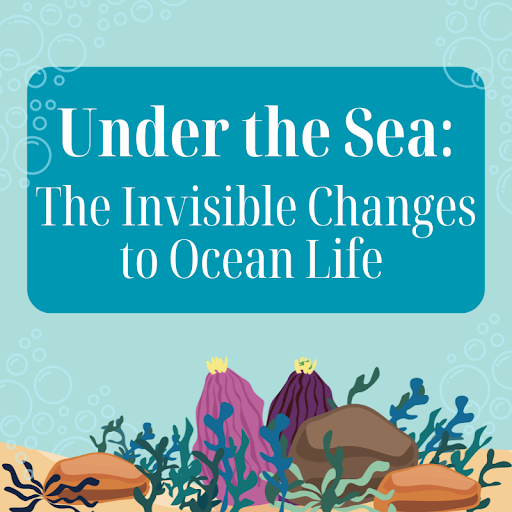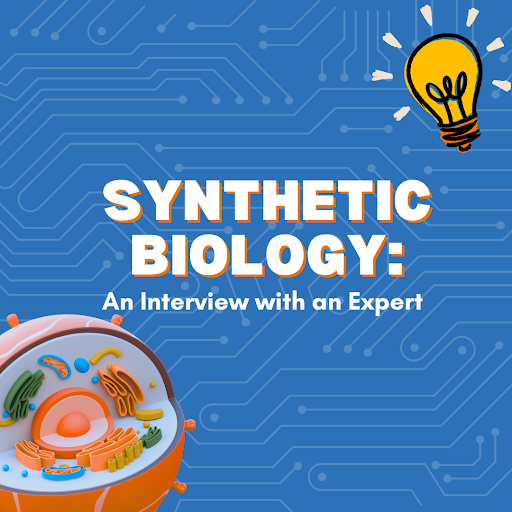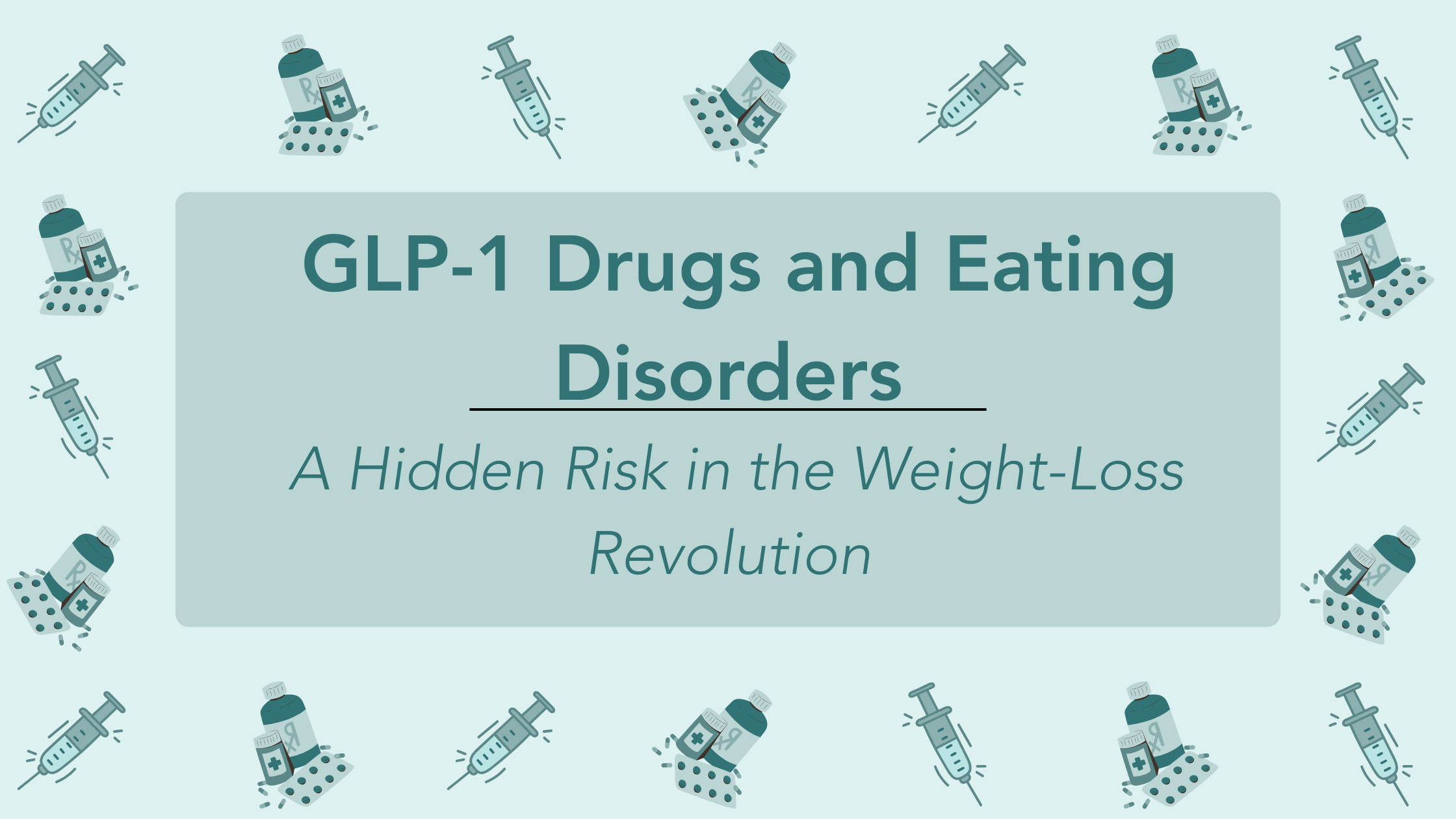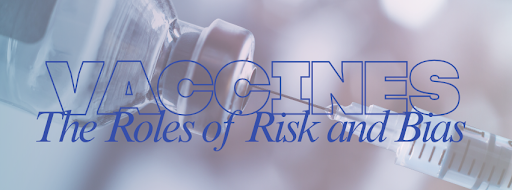Bridging Language and the Brain: An Interview with Keith Johnson, Ph.D.
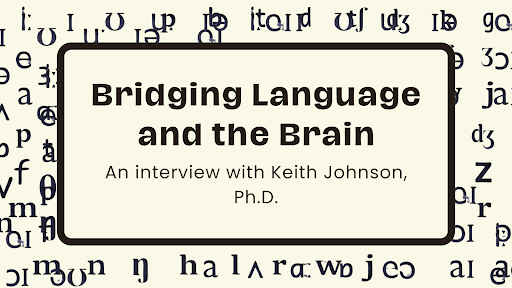
By Donnisa Edmonds, C2ST Intern, University of Chicago
Keith Johnson, Ph.D., Professor of Linguistics at the University of California, Berkeley, studies how language and the brain interact. For the past few years, Dr. Johnson has been working with a research group at the University of California, San Francisco (UCSF) on phonetic neuroscience. I recently sat down with Dr. Johnson to discuss this topic.
Continue reading “Bridging Language and the Brain: An Interview with Keith Johnson, Ph.D.”
